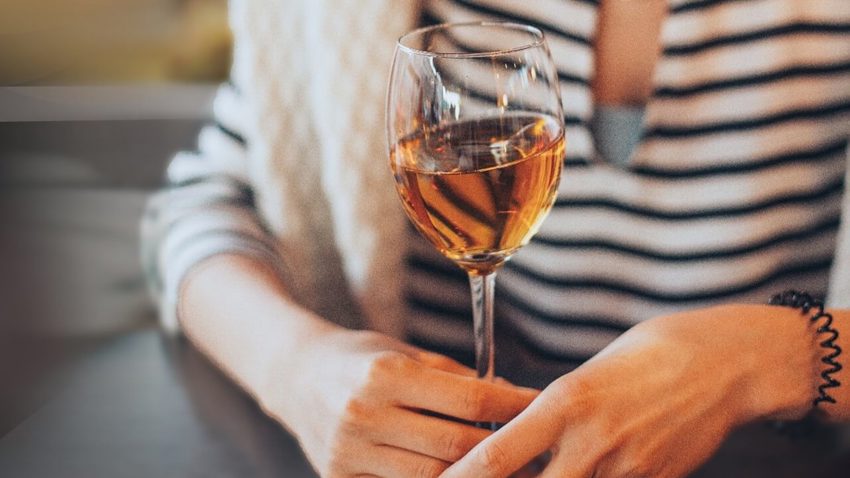
January is best know as a time of post-Christmas detox, mindful spending and New Year resolutions (not to mention Dry-January, Veganuary & Sugar Free February!).
So where does a nice relaxing glass of wine fit in amidst the dieting, clean-eating and Yoga of the ‘New You’. If you have seen the various headlines throughout the years about wine & health, you may be perplexed at the range of contradicting articles, and consequently be of the mind that there is no such fit. One of the consistent teachings that we all recognise is; “WINE WILL MAKE YOU FAT!” making it understandable how our much-loved ‘adults grape juice’ can fall out of favour at this time of year.
But we’d like to clear things up on the matter. To help you succeed in your rejuvenation for the year ahead, whilst maintaining an enjoyably balanced lifestyle, here’s what you need to know about wine and calories.
What are Calories
Calories are the measurement of energy contained in food or drink. If we do not work off as many calories as we consume, the excess is stored in the body as fat, leading to weight gain.
NHS guidance for daily calorie intake recommends;
- 2,500kcal (10,500kJ) a day for men
- 2,000kcal (8,400kJ) a day for women
Calories in Wine
The problem, when generalising about calories in wine, is that the amount of calories present in your glass depends on the components that make up that particular liquid. The stylistic spectrum of wine is a vast and colourful one. Some wines are light and dry, some are heavy and sweet. Some consist of a simple juice, some have a more complex build up resulting from practises in the vineyard or winery. To say that wine is high or low calorie, is unfair to the entirety of what’s on offer.
So where are the calories hiding, and how can these be identified? Two simple elements;
- Alcohol – A by-product of the yeast interacting with the sugar. This contributes the most calories, around 7 calories per gram.
- Sugar – Naturally present, or in some cooler regions can be added to the wine. Sugar contributes around 4 calories per gram.
Both of these are naturally forming constituents of all wine, and depending on what you are drinking, and where it comes from, these can be added in and taken away during the winemaking process. Although present, the levels of both these elements can vary in how dominant they are in the wine. For example, from least to most calories;
- A dry, low alcohol wine (Muscadet)
- A sweet, low alcohol wine (Spatlese Reisling)
- A dry, high alcohol wine (Malbec)
- A sweet, high alcohol wine (Port)
Alcohol and Hunger
As simple as this may appear, there is a curveball that we are probably all aware of, but perhaps forget to recognise at the time. Alcohol makes you hungry, and this hunger is usually directed at high-calorie foods!
The reason for this hunger is due to the effect of alcohol on our brains, which leads to our body’s regulation of calories to be altered. Particularly when drinking a dry wine, our bodies race to process the alcoholic calories over everything else. This results in a drop in blood sugar, and therefore a desire to eat. There is also research that has found alcohol to effect the hypothalamus within our brains. This is the part that not only gives us cravings for highly fatty foods, but also encourages us to drink more!
Finding the Balance
So don’t despair, feeling good doesn’t have to be all about abstaining from the things you enjoy. In order to achieve a healthy balance, some consideration is needed, but it is possible. When you know what you are looking for, it’s easier to pick out the right wines. No & Low drinks are in demand, and on the rise. January & February are a perfect time in the on-trade to actively promote and rejoice these options, and when drinking less in quantity, surely it only makes sense to drink higher quality! Just have a small glass, but make it count. The ‘New You’ deserves it; and don’t forget to eat something substantial first. There’s more calories in that cheesy chips & pizza!

